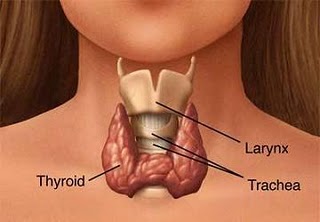Hair loss in women is a very anxiety-provoking condition because hair is a symbol of youth, vitality and beauty. Hair loss can occur anywhere on the head, but it usually starts thinning at the crown or part. Losing massive amounts of hair can be a direct result of a health problem.
Numerous factors can contribute to hair loss such as: stress, scalp disorders, alopecia, trauma, pregnancy, malnutrition (read about The Link Between Hair Loss and Your Diet), genetic problems and hidden health problems. Hair can also fall out if it is worn in very tight hairstyles like ballerina buns and tall ponytails. Since there are so many causes of hair loss, it’s best to visit a specialist skin clinic or your local dermatologist in London.
Visiting a dermatologist is the best way to discover what the actual cause of your hair loss is. There are several tests that can be done to determine the root cause of the hair loss. Blood tests can also be done to determine whether a thyroid disorder is causing the hair loss.
Thyroid disorder is an extremely common cause of hair loss. Hair loss that is caused by a thyroid-related disease occurs because of unstable hormone levels. Luckily, the hair loss can be reversed once hormone levels become stabilized. Doctors usually prescribe oral medications to stabilize hormones.
Symptoms of Thyroid Disease
Pain: People with thyroid disease experience aches in their muscles, discomfort in their joints or pain in their limbs.
Neck enlargement: If you notice your neck looks swollen, it might be thyroid disease. People with a faulty thyroid also experience hoarseness in their voice.
Skin and hair changes: If your once radiant skin turns dry and flaky, it might be thyroid disease. Skin can become very thick, dry and scaly. Hair, as you probably already know, becomes thinner and starts to fall out. However, total baldness is unlikely. In addition, hair can become very dry and brittle as well.
Changes in weight: If you notice unexplained weight gain or loss, then it might be because of hyperthyroidism or hypothyroidism. People with hypothyroidism gain weight even if they don’t change their diet whereas people with hyperthyroidism lose a lot of weight.
Bowel problems: People with thyroid disorders experience changes in their bowels. If you have hypothyroidism, then you will experience constipation. If diarrhea is the problem, then hyperthyroidism might be the cause.
Fatigue: If you feel extremely tired or weak, then you could have thyroid disorder. People with thyroid problems always feel very tired even if they sleep for hours.


No responses yet